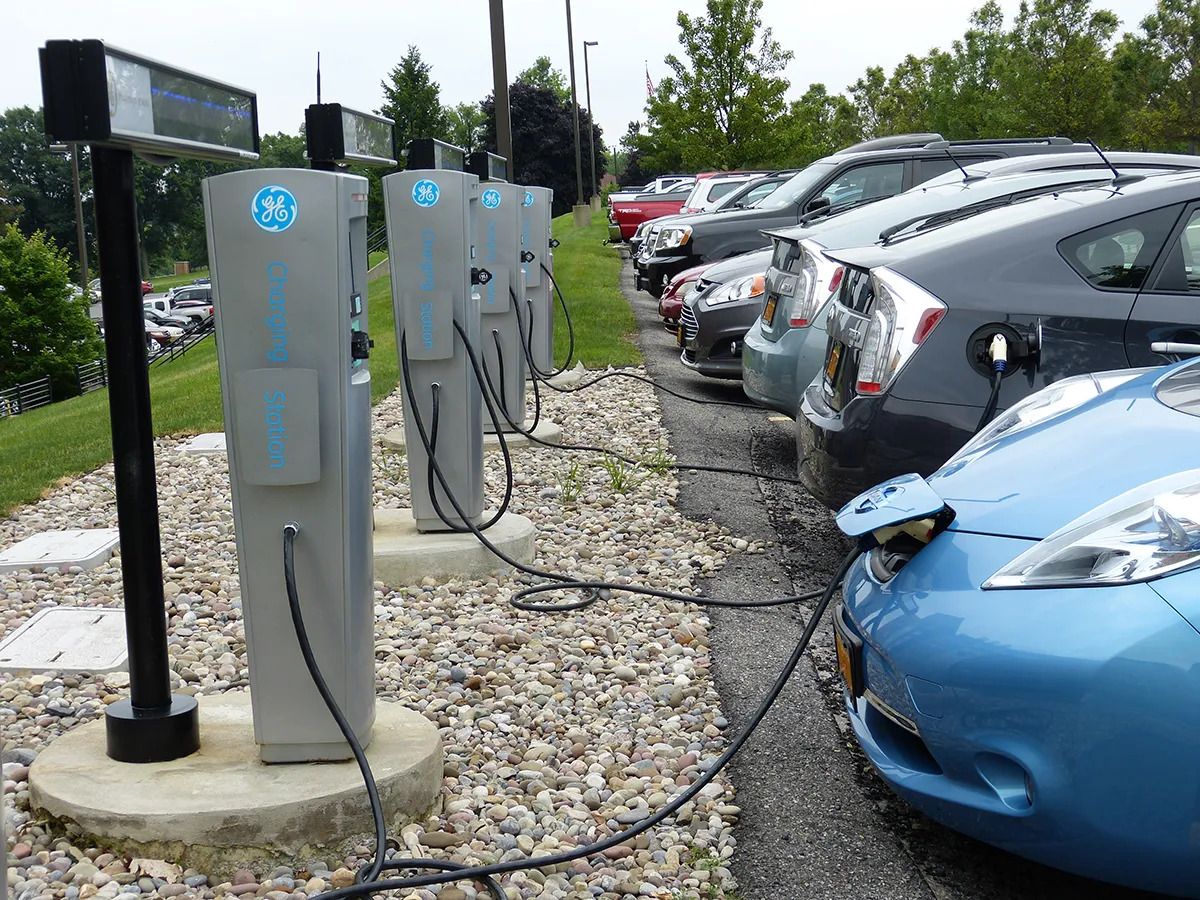Economist: Electric cars not to affect price of oil in future

Electric vehicles, which were once considered science fiction or dreams, are now the reality of the day. Cars with electric engines become more popular and accessible gradually. Competition is getting fierce in the sector, and new brands and new models are emerging. A significant increase is witnessed in the production and sales of electric cars, and the trend is expected to increase further. For this reason, many believe that it is a promising sector.
Sales increased by 80 percent only in 2018. Over 10 million electric cars are on the road worldwide. It is expected to grow by 20 percent annually until 2027 globally.
It is worth noting that different countries in the world have set up new goals regarding electric vehicles. For example, at least 20% of new cars sold annually in China by 2025 should be electric vehicles, which include BEVs, plug-in hybrids, and hydrogen fuel cell vehicles. The European Union and Canada adopted a law requiring all brand-new cars that will be sold starting in 2035 to have zero-carbon emissions. No doubt, other countries are being added to the list.
However, the thriving electric vehicle sector causes a lot of buzz in global oil markets. Some believe that with the use of electric cars, the demand for gasoline and diesel will drop. So, the price of oil will drop as well.
Speaking to Azernews on the issue, economist Natig Jafarly said that the increase in the use of electric vehicles worldwide will somehow affect the number of cars powered by internal combustion engines, which in turn will impact the consumption of crude oil, diesel, and gasoline fuels, which are produced from oil.
“Of course, this process is a natural one. However, this does not mean that oil demand will dramatically decrease. Because oil is not used only in the production of fuels. Even the usage of crude oil in other fields is quite large. If we look through the reports of the International Energy Agency and OPEC, we can see that oil demand will gradually increase. For example, the reports say that the daily consumption of oil in the world today is 100.1 million barrels. On some days, this figure reaches 101 million barrels. However, it will reach 110 million barrels in the 2030s. That is, oil consumption in the world will increase by 10 million barrels. In other words, turning to electric cars does not mean drastically reducing oil consumption,” the expert said.
Jafarly also recalled that electric cars also have their problems. More natural resources are needed to produce these cars. So, switching to electric cars will not be as easy as it is considered. The economist also touched on the future fuel prices in Azerbaijan and noted that the government will play an important role in determining the prices.
“The prices of oil products in this country are regulated by the state. Therefore, even though there are indirect effects of the processes going on in the world market, the prices of both gasoline and diesel will depend on the government's policy. In other words, it will depend on the state's view on this issue. The issue of price increases or even decreases may come up. For unknown reasons, only a rise in price is discussed in Azerbaijan. However, the price of oil may fall sharply in the near future, which will affect the price of oil products in Azerbaijan as well,” the economist added.
---
Qabil Ashirov is AzerNews’ staff journalist, follow him on Twitter: @g_Ashirov
Follow us on Twitter @AzerNewsAz
Here we are to serve you with news right now. It does not cost much, but worth your attention.
Choose to support open, independent, quality journalism and subscribe on a monthly basis.
By subscribing to our online newspaper, you can have full digital access to all news, analysis, and much more.
You can also follow AzerNEWS on Twitter @AzerNewsAz or Facebook @AzerNewsNewspaper
Thank you!

